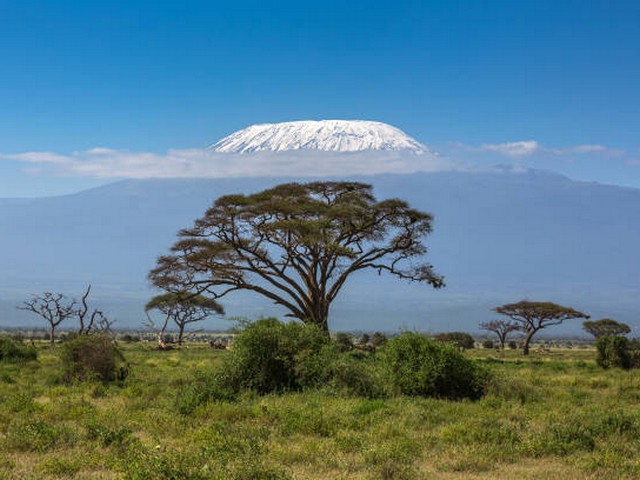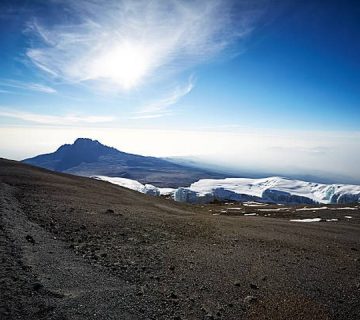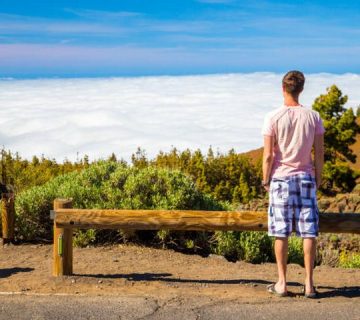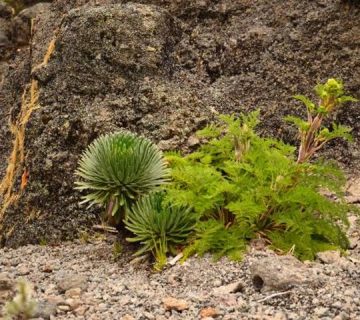Family Fitness Tips For Kilimanjaro Trekking
Welcome to the thrilling world of adventure with the Kilimanjaro Centre for Trekking and Ecotourism (KCTE). As you contemplate the majestic summit of Mount Kilimanjaro and envision your family conquering it together, it’s essential to approach this endeavor fit, prepared, and excited. Climbing Kilimanjaro is not just a physical challenge; it’s a bonding experience that can leave lasting memories. Here, we offer you the best fitness tips to ensure your entire family is ready to tackle this mighty mountain.
Preparing for the Journey: Why Fitness Matters
Embarking on a trek to Mount Kilimanjaro is no ordinary family vacation. At almost 5,895 meters (19,341 feet) above sea level, Kilimanjaro is Africa’s tallest peak and requires a good level of physical fitness. A fit family will enjoy the trek more, manage altitude changes better, and have a higher chance of reaching the summit together.
Establishing a Fitness Plan
Start Early
Begin your training at least six months before your trek. Early preparation allows your body to slowly adapt to new stresses, which is crucial for all age groups within the family.
Cardiovascular Training
Engage in activities that increase your heart rate and improve your stamina. Hiking, jogging, swimming, or cycling can be effective. Aim for at least 30 minutes of cardiovascular exercise four times a week. Remember, you’ll be walking for several hours on the mountain, so endurance is key.
Strength Training
Kilimanjaro will test your body in ways you might not expect. Focus on building leg strength through squats, lunges, and step aerobics. Don’t overlook your core and upper body – these muscles will help you carry your backpack and maintain balance.
Altitude Acclimatization
Altitude sickness is a real concern on Kilimanjaro. If possible, train on high altitudes or use a stair climber to simulate uphill walking. Understanding how to breathe and pace yourself at altitude can be a great advantage.
Flexibility and Balance
Incorporate yoga or Pilates into your routine. These exercises enhance flexibility, balance, and mental focus, all of which will be beneficial on your trek.
Nutrition and Hydration
Adopt a healthy diet rich in carbohydrates, proteins, and essential fats. Hydration is equally critical. Teach your family to recognize signs of dehydration and the importance of drinking water regularly during the climb.
Gear Up for Success
Invest in good quality, durable trekking gear. Each family member should have well-fitting hiking boots, moisture-wicking clothing, and a comfortable backpack. Don’t forget to break in your hiking boots to avoid blisters during the trek.
Training as a Family
Organize Regular Family Hikes
There’s no better way to prepare than by hiking together. This not only builds fitness but also helps your family work as a team. Choose varying terrains and gradually increase the difficulty to mimic Kilimanjaro’s diverse trails.
Make It Fun
Keep the younger ones engaged by turning fitness into a game. Perhaps a scavenger hunt on your walks, or who can spot the most wildlife. Enjoyment is key to keeping motivation high.
Set Common Goals
Have regular check-ins with your family to discuss progress and any difficulties. Setting mini-goals, like reaching a local hilltop without stops, can be great motivation.
Mental Preparation
Climbing Kilimanjaro is as much a mental challenge as a physical one. Prepare your family by discussing the journey, what to expect, and how to support each other. Mental resilience will be your greatest asset on the mountain.
Why Choose KCTE for Your Kilimanjaro Adventure?
At Kilimanjaro Centre for Trekking and Ecotourism, we ensure that families like yours are not only prepared for the physical demands but are also provided with motivational support throughout your journey. We understand the terrains, the climate changes, and every necessary detail to make your family’s experience memorable and triumphant.
The Summit Awaits: Book Your Climb!
Are you ready to turn dreams into reality? At KCTE, we are committed to helping families achieve their goal of reaching the summit of Kilimanjaro. Contact us today to learn more about our family-friendly packages and let us help you prepare for the adventure of a lifetime.
FAQs about Family Fitness for Kilimanjaro Trekking
What is the best age for children to trek Kilimanjaro?
Children from the age of 10 are generally considered capable of trekking Kilimanjaro with proper preparation and guidance.
How can we simulate altitude training at home?
If you can’t train at high altitudes, consider using an altitude training mask or frequenting a local gym with stair-climbing machines. Spending more time on uphill walks or hikes can also help.
What should we include in our diet to prepare for high-altitude trekking?
Increase your intake of iron-rich foods to improve blood oxygenation levels, consume plenty of complex carbohydrates for sustained energy, and stay hydrated.
How can we maintain motivation during training?
Set small, achievable goals, celebrate milestones, and keep reminding each other of the incredible journey ahead. Fitness apps or tracking devices can also help keep track of your progress.
Remember, the journey to Kilimanjaro’s peak begins with a single step of preparation. Let KCTE guide your family through each step, paving the way to the roof of Africa. Embark on this remarkable adventure and create memories that will last a lifetime, together as a family.




